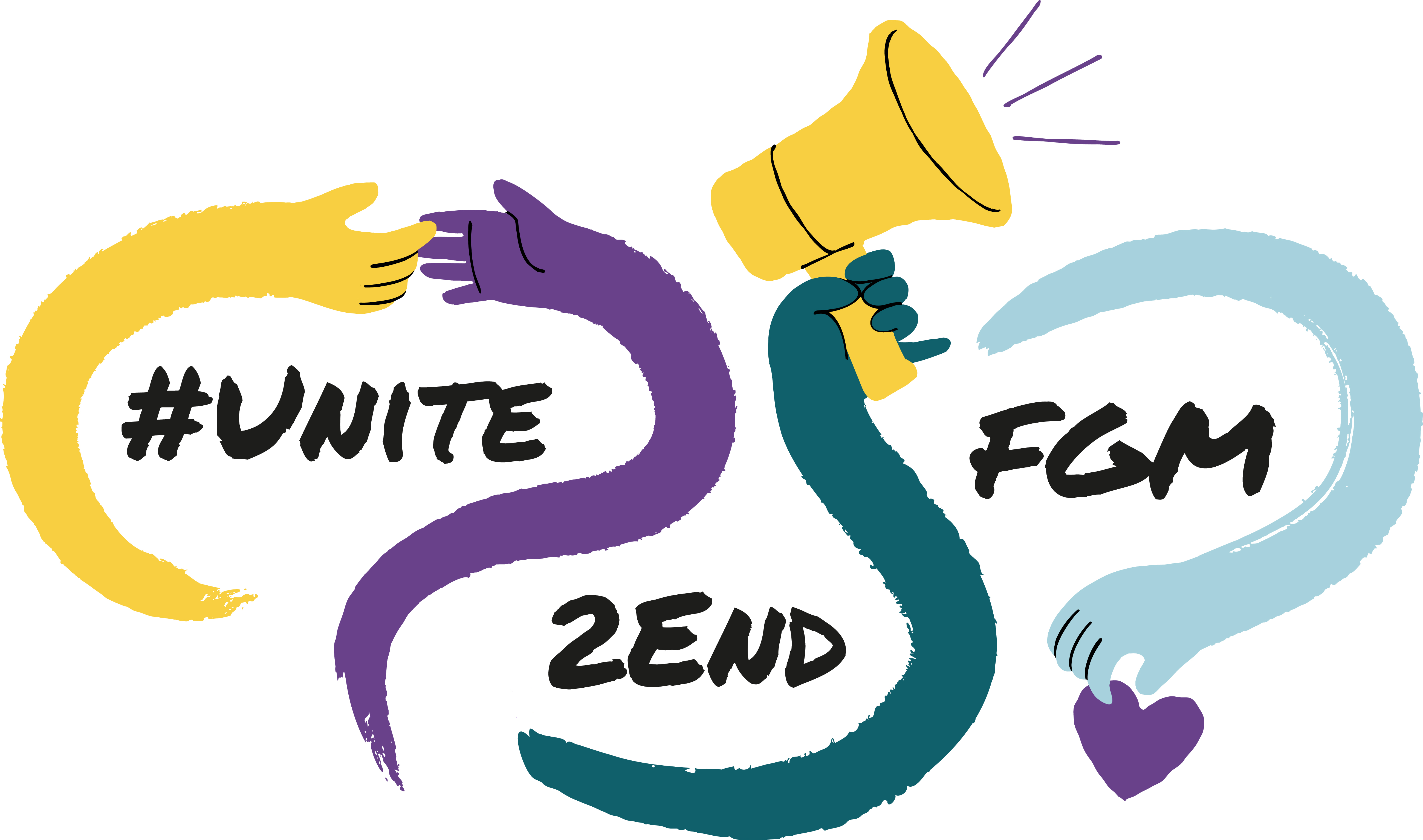International Day of Zero Tolerance for FGM

Thursday 6 February 2024 is International Day of Zero Tolerance for FGM (female genital mutilation).
International Day of Zero Tolerance for FGM is an opportunity to honour all who are vigorously supporting the fight to end this harmful practice and to acknowledge and celebrate national and international efforts to achieve the elimination of FGM and other harmful practices by 2030.
Posted on 4 February 2025
In 2024, nearly 4.4 million girls - or more than 12,000 each day - are at risk of FGM around the world. This has increased from 4.2 million in 2022.*
FGM is any procedure which involves the altering or injuring of the female genitalia for non-medical reasons. FGM is globally recognised as a violation of the human rights of girls and women, as well as rights to health, security and physical integrity.
FGM may cause both short-term and long-term complications for women and girls. These range from acute pain, excessive bleeding and infections to long-term consequences for sexual and reproductive health and mental health issues.
Key facts from the World Health Organization (WHO)
- More than 230 million girls and women alive today have undergone female genital mutilation (FGM) in 30 countries in Africa, the Middle East and Asia where FGM is practiced.
- FGM is mostly carried out on young girls between infancy and age 15.
- FGM is a violation of the human rights of girls and women.
- Treatment of the health complications of FGM is estimated to cost health systems US$ 1.4 billion per year, a number expected to rise unless urgent action is taken towards its abandonment.
- It is currently estimated that an added 2 million girls may be at risk of suffering FGM by 2030.
FGM is classified into four major types, which may sometimes be difficult to diagnose.
Read more about the different types on the NHS website
Who is at risk?
FGM is mostly carried out on young girls between infancy and adolescence, and occasionally on adult women. More than 200 million girls and women alive today have been subjected to the practice with more than 3 million girls estimated to be at risk of FGM annually. FGM is therefore of global concern.
Where to find support
- National FGM Support Clinics on the NHS website
- Sundial Centre for Education on Harmful Practices
- Forward UK
- Dahlia Project
- UK FGM Services
Find out more
Watch our FGM video on YouTube
Find out more on the UN website
*Source: UNICEF and World Health Organization (WHO)